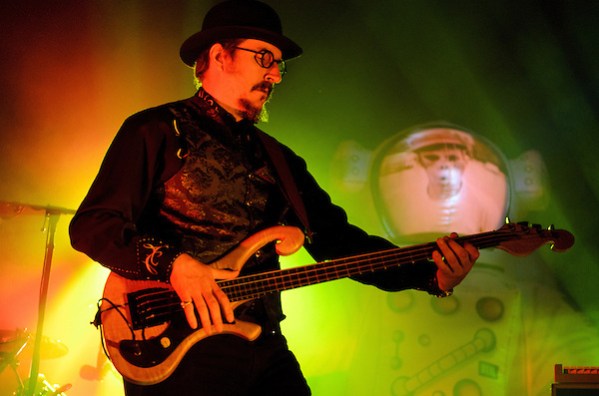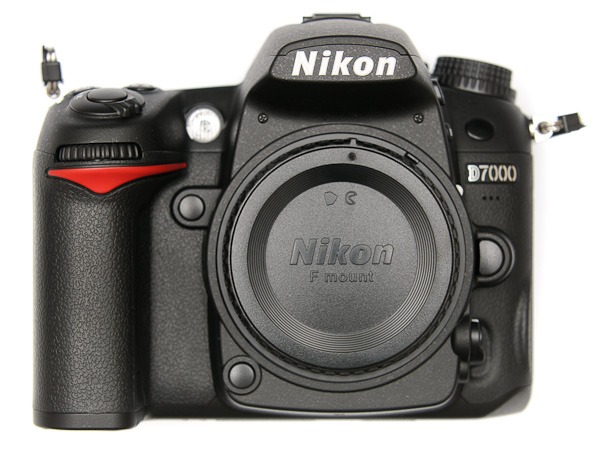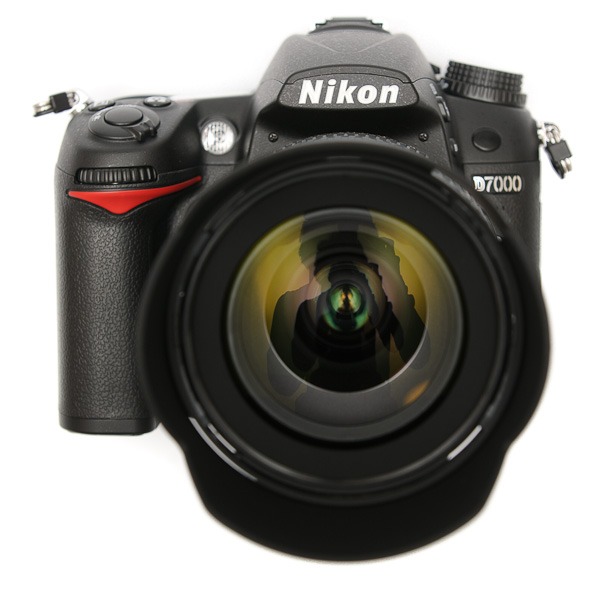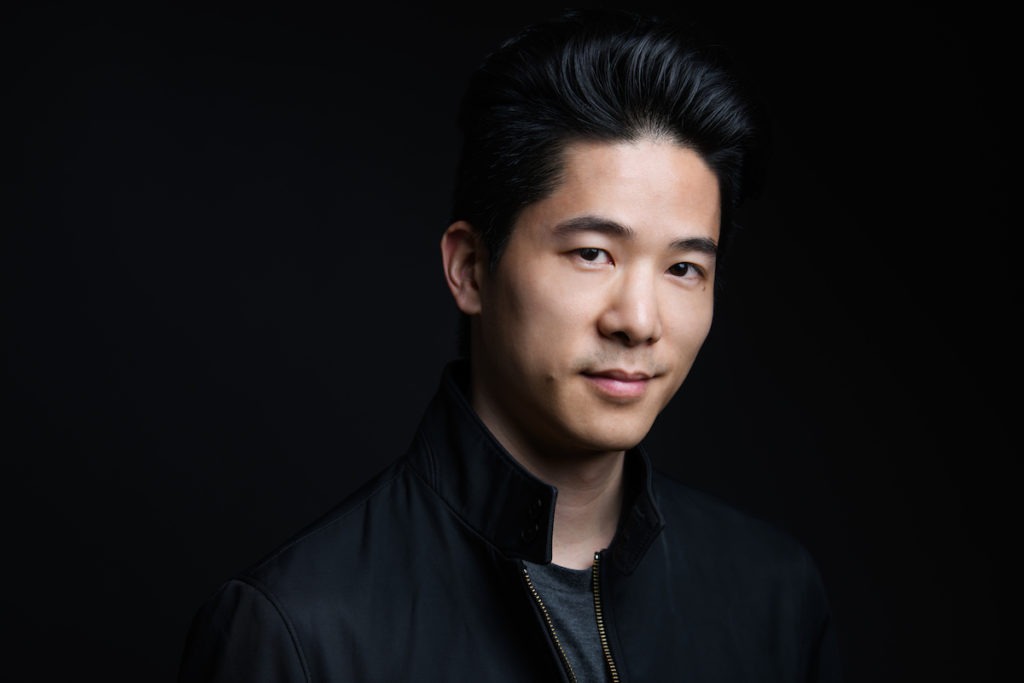In the time since my review of the Nikon D7000, I've had the opportunity to shoot with this DSLR more for live music photography, and I have to say: this camera rocks. From Willie Nelson to Weird Al, the D7000 has been more than up for the task. Here's a selection of new images made with Nikon's new mid-range DSLR that packs lots of professional punch.
Sample Images
No one wants to look at test charts to see what a camera can really do. Here are some real-world images from assignments made with the Nikon D7000.
Photographer's Notes
Since my January 2011 review of the Nikon D7000, I've recently had the chance to shoot the Nikon D7000 more extensively while my primary cameras – the Nikon D3 and D700 – have been away for repair. Due to rather lengthy waits for parts, what was anticipated as a repair period of a week turned out stretched out to 6 weeks, and I turned to the Nikon D7000 for many professional assignments.
After this additional shooting under my belt, I can comfortably say that the D7000 is a solid, solid camera.
Additional Thoughts
Aside from my findings in the original review, here are some additional thoughts on the D7000.
Viewfinder:
100% viewfinder is fantastic. While it's still smaller than the VF in the full-frame Nikon D700, the full coverage allows for precise composition with no worry about wasting resolution – something that can't be said for the D700.
Shutter Noise:
Shutter and mirror assembly is much quieter than the Nikon D700 and D3. When you add in the Quiet mode, the D7000 is about as quiet as a DSLR can be. While noise might not be a concern for rock shows, this Quiet feature is great for plenty of other applications where stealth and candid work is at all of importance (over speed).
Buffer:
The one feature – or lack thereof – of the Nikon D7000 is the limited buffer when compared to a camera like the Nikon D700 or Nikon D3. Burst shooting for limited bursts is fine, but for rapid continuous shooting (over 8 frames), the D7000's more limited buffer and speed begins to show.
Autofocus:
While the autofocus specs aren't quite as robust as those in Nikon's professional DSLRs, I found the AF performance very, very good when using f/2.8 zooms and f/1.4 primes. Performance isn't quite as responsive and positive as with the D3 or D700, but this fact is only something evident when shooting these cameras side by side. On its own, there's not much to complain about with the D7000's AF performance. The only other caveat I have with the D7000's AF is that the outer AF points seem less reliable than the center AF point, which is rock-solid, even though they're also cross-type sensors.
Mode Dial:
As a more “consumer” oriented camera, the D7000 features a mode dial that allows for easy selection of the shooting mode. While this dedicated dial is great if you change shooting modes frequently, this is actually one instance where I do prefer the function “buried” in a menu function. The mode dial is stiff enough that it doesn't change that easily, but it can happen, so this may be a consideration while shooting.
Center Multi-selector Button:
The center OK button in the multi-selector is great – a nice improvement over having the OK button to the left of the LCD. The only negative with the D7000's OK button is that it's hardwired to apply picture adjustments in Playback mode. I prefer the custom setting to set the center multi-control to zoom to 100% magnification during playback to check focus. This is a pretty minor point, but a small example of how some elements of the D7000 are geared toward what I would consider non-professional use.
Summary
If you're looking for a DSLR with excellent high ISO performance that won't break the bank, the D7000 bears serious consideration. While there are some minor features of the D7000 that indicate some of Nikon's consumer intentions, it can still run with the big dogs in terms of what really counts – a surprisingly good viewfinder, solid AF performance, and excellent image quality.























